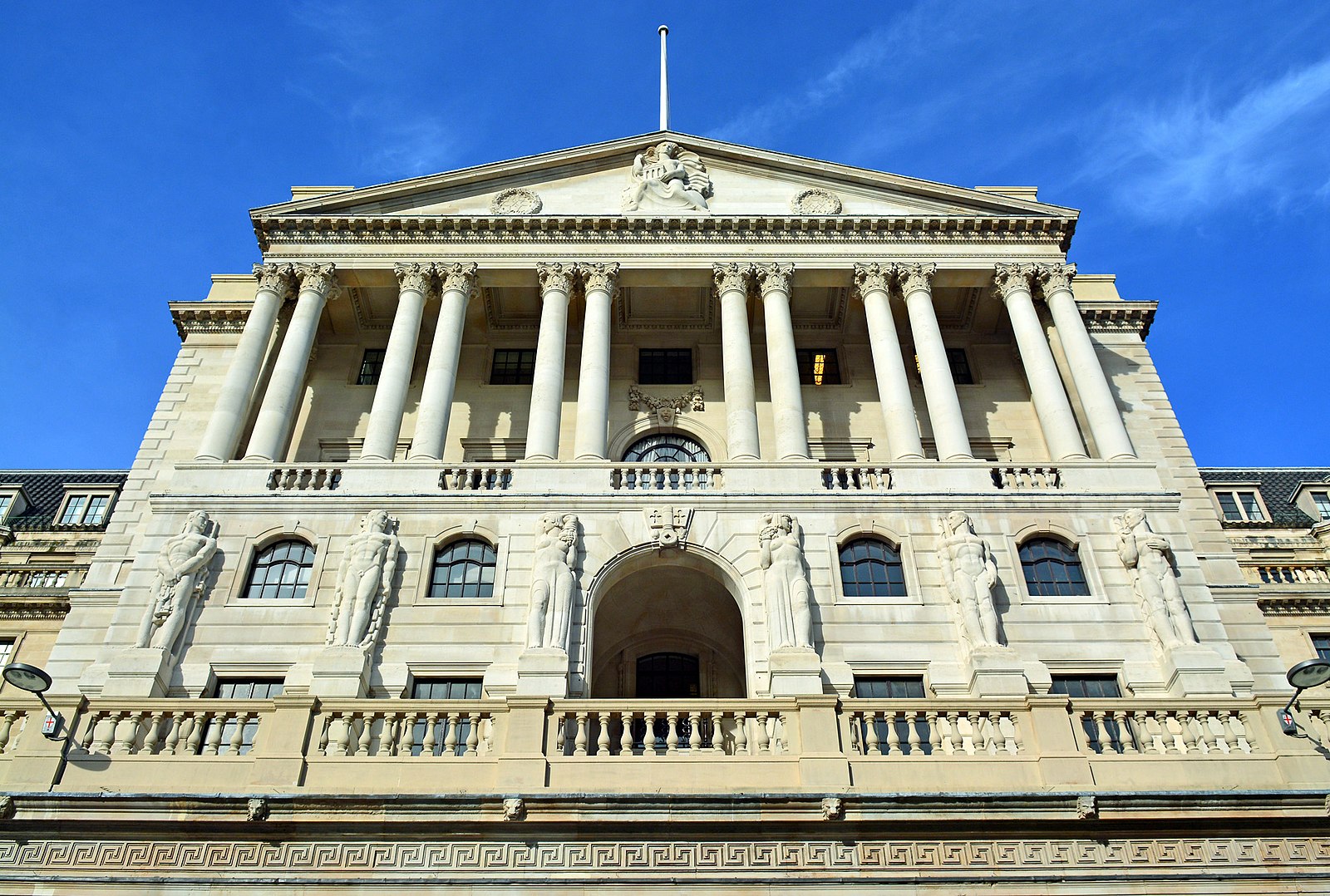From rescue to risk: The hidden bill of quantitative easing
A report by the think tank The Institute for Public Policy Research (IPPR) has raised questions about the process of ‘quantitative easing’ (QE), and has called on the Bank of England (BoE) to implement a levy to recoup losses stemming from this practice.
QE arrived amongst the unprecedented chaos of the 2008 financial crash. A policy relying on the creation of money to decrease inflation would have commonly invoked fear into the hearts of economists, past and present. Still, QE was seen as an effective temporary measure to decrease interest rates in the long term and stimulate the economy.
As a consequence (of QE), properties became more challenging to buy, and low interest rates slowed the growth of savings.
The measure was introduced in the UK in 2009, when the BoE injected £200 billion into the economy through the purchase of gilts, commercial paper, and corporate bonds to increase inflation, decrease interest rates, and stimulate spending. Since then, £895 billion has been spent to mitigate the effects of the financial crisis, and the once theoretical measure has become a fixture of monetary policy.
In recent years, however, the effect of QE on the economy has been reassessed, with a report by the London School of Economics (LSE) finding that the measure had little impact on the real economy—specifically, household consumption associated with liquid assets.
In fact, QE has attracted criticism for widening inequality, with a report from the BoE in 2012 finding that the policy’s effect was limited to boosting the value of financial assets. As a consequence, properties became more challenging to buy, and low interest rates slowed the growth of savings. This benefited those who owned assets, such as property, before the Financial Crisis, and made purchasing property difficult for first-time buyers, arguably creating a generational gap between older homeowners and younger individuals who were unable to get onto the property ladder.
IPPR, in its report, has found direct losses of quantitative tightening costing the taxpayer £22 billion per year.
The same report by the BoE concluded that existing pension schemes were not affected during the first rounds of QE. However, future pension schemes that were undefined during the Financial Crisis became more expensive to maintain, leading to the closure of many pension schemes, which evidences the case for QE increasing wealth disparity across generations.
Furthermore, rises in services’ inflation during the Covid-19 Pandemic led the BoE to reverse QE, in a process known as ‘Quantitative Tightening’ (QT). This measure involved allowing held bonds to dwindle, and in 2022, the active selling of bonds.
IPPR, in its report, has found direct losses of QT costing the taxpayer £22 billion per year. The think tank blames the losses on the selling of gilts by the Bank at ‘dumping prices’, leading to valuation losses totalling £13 billion this year. The think tank also named interest losses paid towards commercial banks as a subsidy, the profits of which have become a windfall for shareholders, rather than being passed on to customers. The report has recommended that the government introduce a ‘QE incomes reserve levy’ to tax windfall profits and recoup QT-related taxpayer losses. IPPR has argued that the levy would not harm the earnings of large commercial banks, as it would only tax QE-related income. Furthermore, the proposed levy would remain in effect until all gilts are sold or redeemed, or until the bank rate, currently set at four percent, is reduced to two percent.
IPPR has further recommended that the BoE slow down the pace of QT, preventing valuation losses that have totalled over £13 billion.
The Bank voted to decrease the rate of QT on 18th September, acknowledging the valuation loss’s impact on the Treasury: the annual QT budget has been reduced by £30 billion. However, the proposed levy has not been implemented. Moreover, the Bank’s policy of allowing bonds to dwindle has led to speculation that the pace of bond sales will increase this financial year to fulfill its £70 billion QT target.
Chancellor Rachel Reeves has welcomed the decision to slow bond sales, stating that the Bank should ‘liaise with the Debt Management Office to ensure that [the Bank’s] operations do not interfere with the government’s bond issuance strategy.’
While QE was implemented to stabilise and strengthen the economy at a time of weakness, it has had a long-standing negative impact both on wealth inequality, and the taxpayer.

Comments